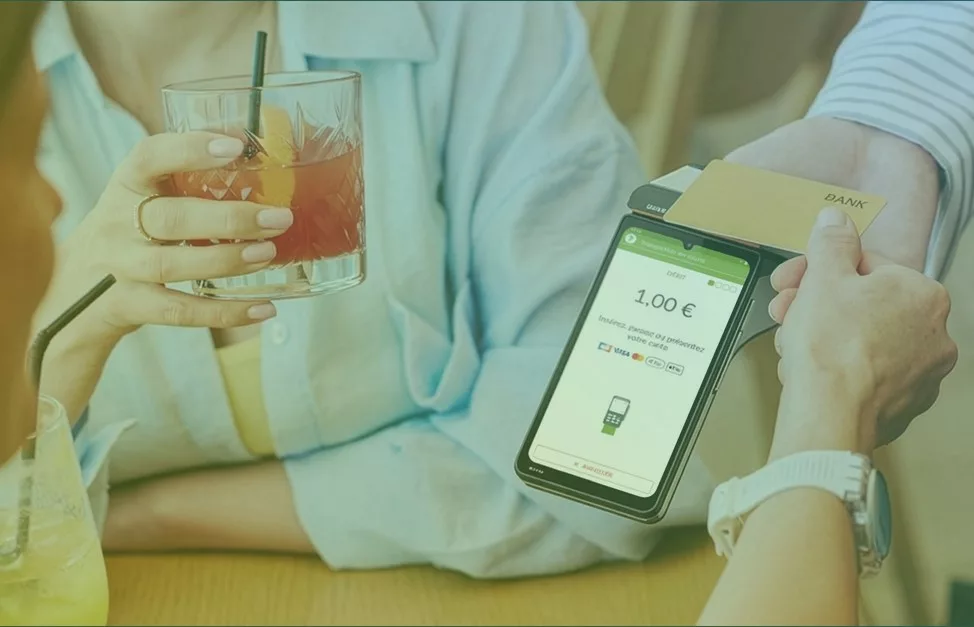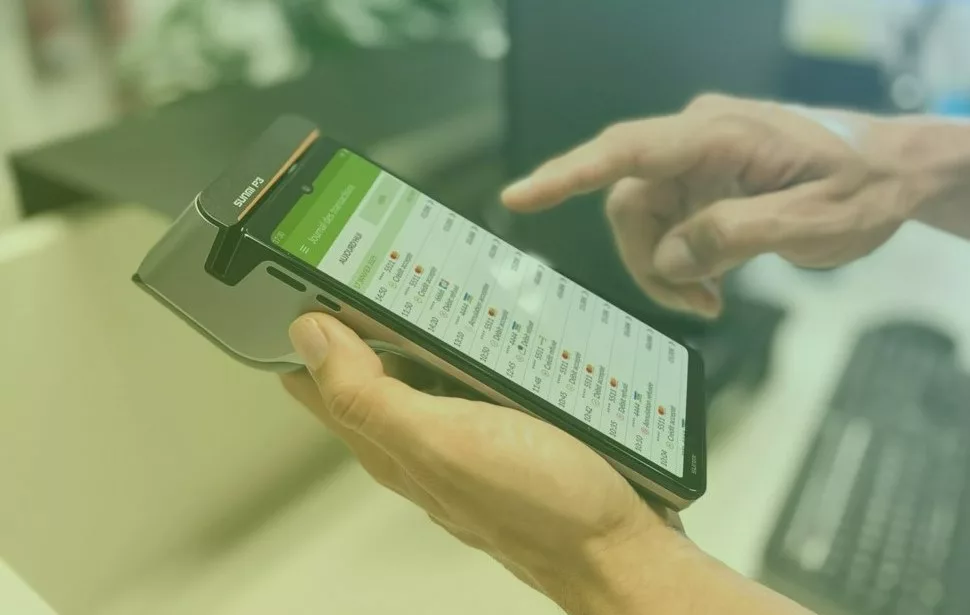UK one step ahead of its European neighbours
Although pre-pandemic data indicated that cash is the preferred payment method for British, being the preferred option for 60% of payments, surveys suggest that this trend is starting to wane. According to Statista, 49% of consumers cited contactless as their favorite method; contactless debit/credit cards were preferred over cash. Although the rule is that cash must always be accepted by businesses (at the risk of being fined), there are cases where businesses may reject it. As a merchant, you should be aware of them and be prepared to offer an alternative to your customer. Let’s look at the case of Spain:
- In case the payment is made with more than 50 pieces of currency. The merchant reserves the right to accept a payment made with 50 or more pieces of currency (excluding branches and savings banks).
- Transactions with an amount of EUR 2500 or higher (or the equivalent in foreign currency) where the customer is acting in his capacity as an entrepreneur or professional may not be paid in cash. However, this amount rises to EUR 15000 when the customer is a natural person who can justify that he is not a resident for tax purposes in Spain (and is not acting as an entrepreneur or professional). It is important to bear in mind that the total amount of payments is calculated by adding up the different amounts in which the delivery of goods or services could have been split.
In France, the conditions are similar and, although the general rule is still to accept payment in cash in all cases (under penalty of a fine), there are also exceptions.
- A single banknote or currency exceeds the amount of the basket. This is another case where the merchant reserves the right to accept or refuse cash. The goal behind this is to avoid fraud through the use of counterfeit money.
- The amount of the basket exceeds 1000 euros and the customer is a tax resident in France. As we saw, in the case of Spain this amount is 2500 euros. The objective behind this measure is to combat money laundering and terrorism.
- The customer wants to pay with more than 50 pieces of currency. As in Spain, this is a case where the merchant can refuse cash as a payment method.
- A night merchant can refuse payment in cash in order to prevent the accumulation of money in the store, thus avoiding possible theft or robbery.
UK goes further: the merchant can refuse cash as form of payment
Although, as we have seen, the general rule is that by law the merchant is obliged to accept cash as a payment option (with the exceptions that you should be aware of), in the United Kingdom it is completely supported by law to refuse physical money in stores or businesses (even if it is mandatory to accept it if the purpose is to pay a debt). In other words, in the case of exchanging goods or services, merchants fully reserve the right not to accept cash.
The reality is that countries like the UK are at the forefront of payment method trends, and are therefore a benchmark that their European neighbours should take into account when predicting or implementing new systems in their payment gateways. So much so that, in 2018, payment by (debit) card already overtook payment by cash as the preferred payment method in the United Kingdom. And this is where merchants should pay attention: offering a simple and versatile payment gateway is one of the keys to adapting to the needs of the customer of the future.
Reasons for integrating a simple and versatile payment gateway
As you have seen, the reality of payments in Europe is moving in one direction: the progressive abandonment of cash payments in favour of contactless payments. A whole new technological generation is emerging to meet the needs of customers and merchants. Why offer the latest payment technology to your customers? Here are some of the reasons:
- The mobile payment boom. Not only as a contactless payment method: the Bizum app for payments between individuals already has more than 13 million users, and is growing at a rate of 20,000 new registrations per day. Although about half of the users are between the age of 18 and 35, it is increasingly winning the adult public over, who see in this app an opportunity to speed up transactions between friends and family, and are becoming accustomed to using their mobile phones to manage their personal and family economy. This is yet another sign that we are heading towards a cashless society.
- Ecommerce is gaining ground. British ecommerce is one of the fastest growing sectors in recent years. It is also expected to continue to expand by 2021, thanks to the increased use of mobile phones as a shopping device and the growing investment in online commerce by giants such as Inditex.
- Tourists in the UK use the card payments. Are tourists one of the main customers of your business and do you want to offer them a convenient and secure payment method? The reality of British tourism is that foreign customers use cards as their usual payment method. Since card payment is already unquestionably the main focus within the tourism sector, you will need something else to offer the best shopping experience to your clients: a gateway with alternative payment methods. Visit our website and receive personalised advice from our team.
Offering efficient payment gateways is no longer a complement to cash payments, but more and more a necessity. Do you want to know how to choose the best one for your business? Contact us without obligation and let’s start planning the best version of your business.




